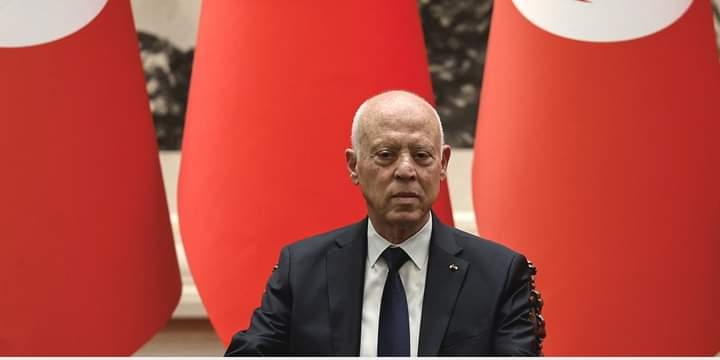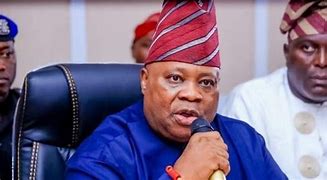Tunisian President Kais Saied announced on Monday that the country will hold its presidential election on October 6.
The announcement has intensified the already heated political climate in Tunisia, with President Saied expected to seek another term amidst a climate of reduced competition, as several prominent opposition figures face legal battles or imprisonment.
The declaration has drawn sharp criticism from opposition parties, including the Ennahda Islamist party and the Free Constitutional Party.
These groups argue that the upcoming elections cannot be deemed fair or credible without the participation of key leaders such as Abir Moussi. Moussi, a high-profile candidate who has garnered significant support according to recent opinion polls, has been incarcerated since last year on charges related to harming public security.
Her supporters claim that her imprisonment is a strategic move to eliminate a formidable opponent from the presidential race, an allegation that the authorities have vehemently denied.
“The charges against Moussi are politically motivated,” said a spokesperson for the Free Constitutional Party. “This is a clear attempt to undermine the democratic process and ensure that President Saied faces minimal competition.”
The controversy doesn’t end with Moussi. Other potential candidates, including Safi Saeed, Lotfi Maraihi, Nizar Chaari, and Abd Ellatif Mekki, are currently entangled in legal issues, facing prosecution for alleged crimes such as fraud and money laundering.
These legal challenges have cast a shadow over their potential candidacies and have further fueled accusations of an orchestrated effort to weaken the opposition.
“This is not just about individual cases; it’s about the integrity of our electoral process,” said a senior member of the Ennahda party. “Without the participation of these leaders, the election cannot be seen as legitimate.”
The political landscape in Tunisia has been tumultuous since President Saied’s dramatic power grab in July 2021, when he dismissed the government and suspended parliament, citing a national emergency.
While his supporters argue that his actions were necessary to stabilize the country, critics have accused him of steering Tunisia towards authoritarianism.
As the October 6 election date approaches, the international community is closely watching the developments in Tunisia. Observers have expressed concern over the fairness and transparency of the electoral process given the current political climate.
The European Union and various human rights organizations have called for the release of political prisoners and for ensuring an inclusive and transparent electoral process.
With the political stakes higher than ever, Tunisia stands at a critical juncture. The outcome of the upcoming election will not only determine the country’s leadership but will also serve as a litmus test for its democratic institutions and political stability.




